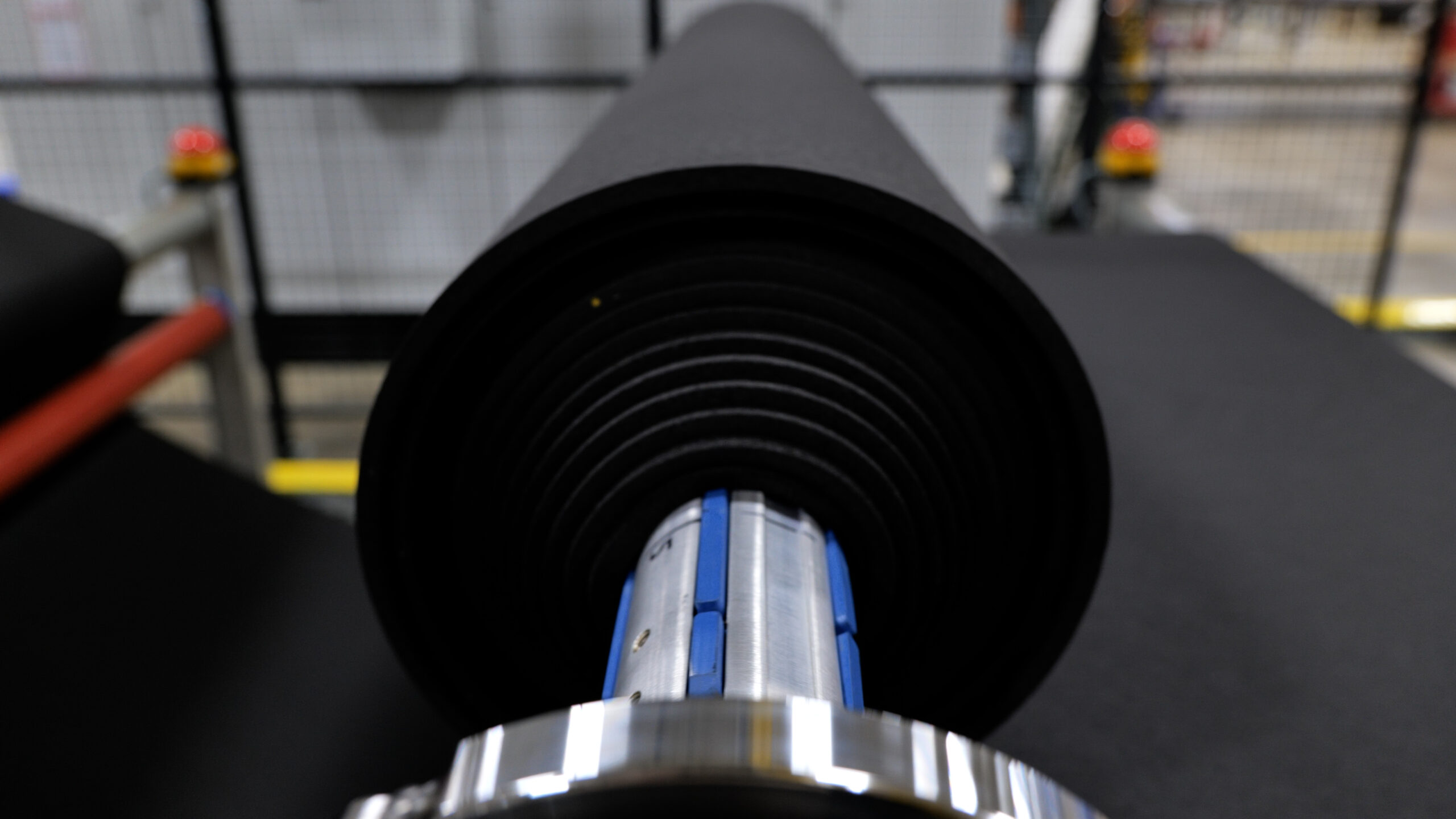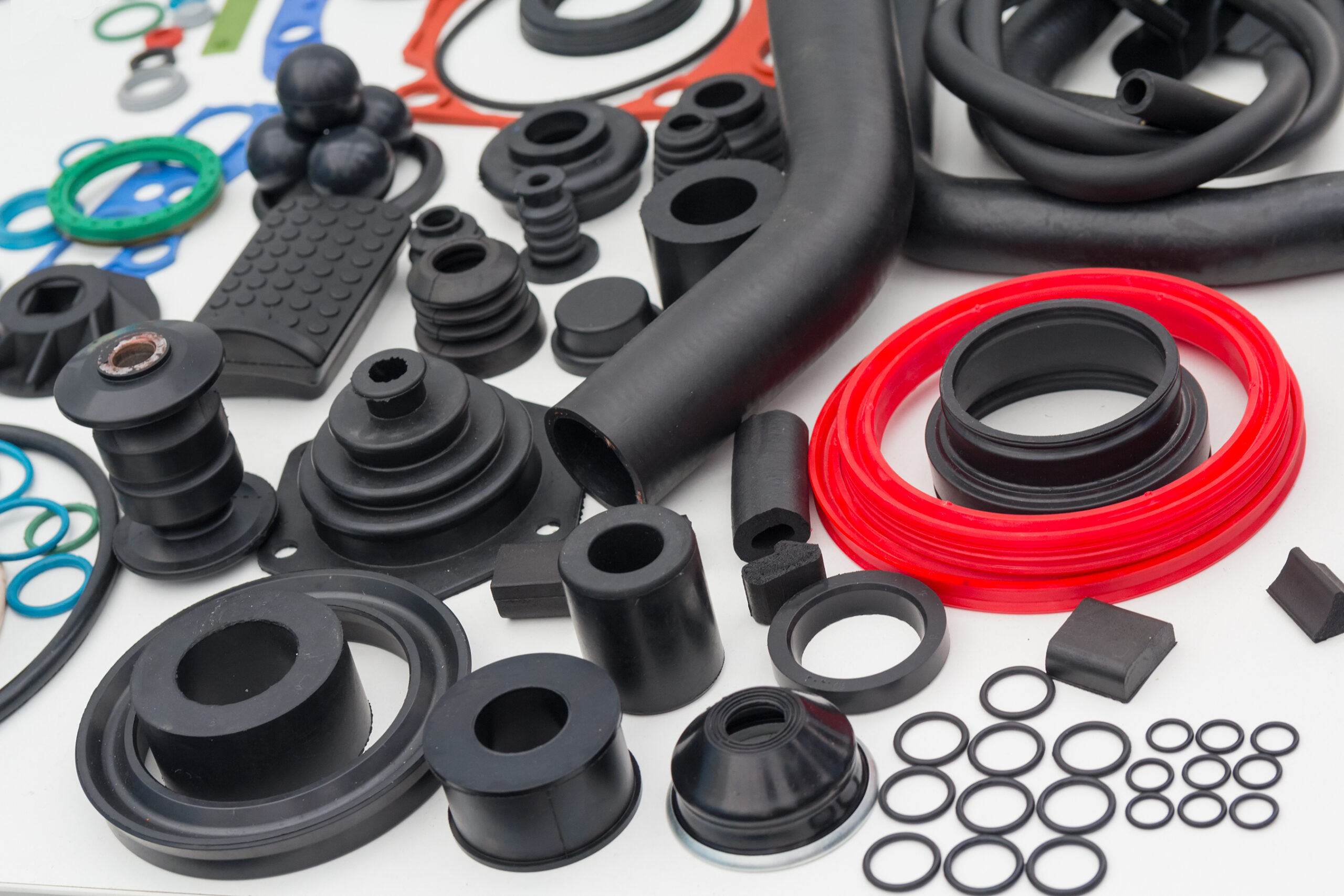
In dynamic manufacturing settings, having access to the right materials is crucial for innovation and product success. Whether designing automotive...

Gaskets are rarely the center of attention, but without them, the machinery we rely on daily would fall apart. These small yet mighty components ensure tight seals between various machinery parts, preventing leaks and maintaining pressure where and when needed.
For decades, asbestos was the go-to material for gasket production. However, safer alternatives, including rubber and silicone, are now the norm. Each material has unique qualities and potential applications in various operational environments. Understanding their different composition and functionality can help you choose which is best for your industrial needs.
Sur-Seal is a leading manufacturer and supplier of premium engineered components, including custom gaskets. Our reputation for excellence has led to us being the component manufacturer of choice throughout the United States. From aerospace to renewable energy, automotive, and healthcare, we ensure your business has the custom gaskets it needs to achieve its goals.
Don’t settle for off-the-shelf solutions! Contact Sur-Seal online or call 513.574.8500 to learn more or answer your questions.
When considering rubber versus silicone for gaskets, it helps to know the composition of each material and how they differ.
A side-by-side comparison of rubber and silicone reveals several key differences.
On the chemical front, silicone tends to be better rubber in resisting various chemicals and oils.
Which material is suitable for your application? That depends on its specific demands and the environmental factors it will be subjected to. Balancing factors like temperature, pressure, chemical exposure, and mechanical stresses ensures you select the material that meets your immediate requirements and assures long-term reliability.
Regardless of your chosen material, you must ensure the gaskets meet your most demanding applications. Sur-Seal designs and manufactures custom die-cut gaskets that won’t break the bank.
AS9100 and ISO9001 certified, we’re the country’s leading gasket experts, offering high-quality solutions that are second to none. For over 40 years, our can-do attitude has ensured businesses throughout the Southeast get faster, better, and more affordable service for their custom projects.